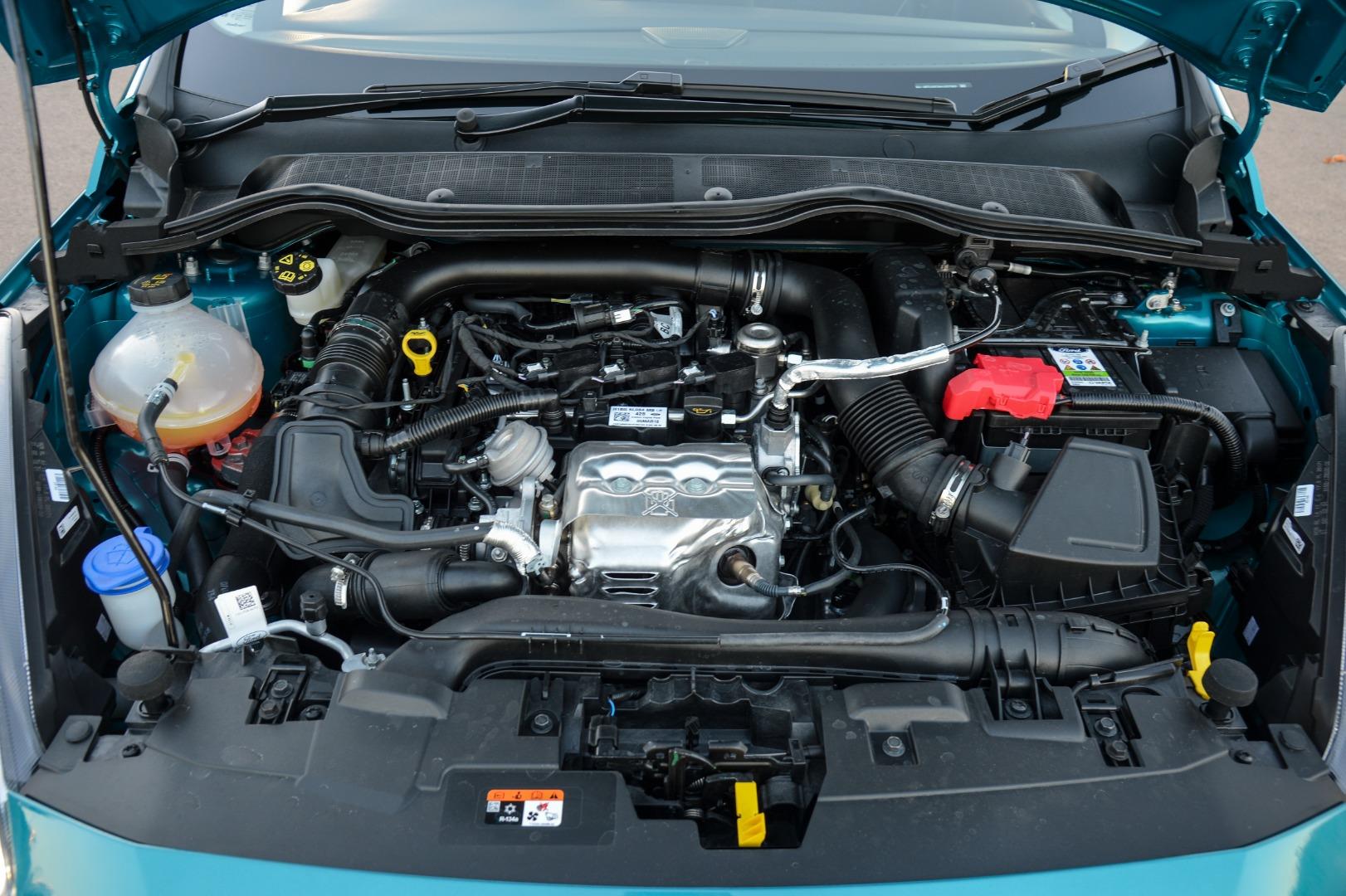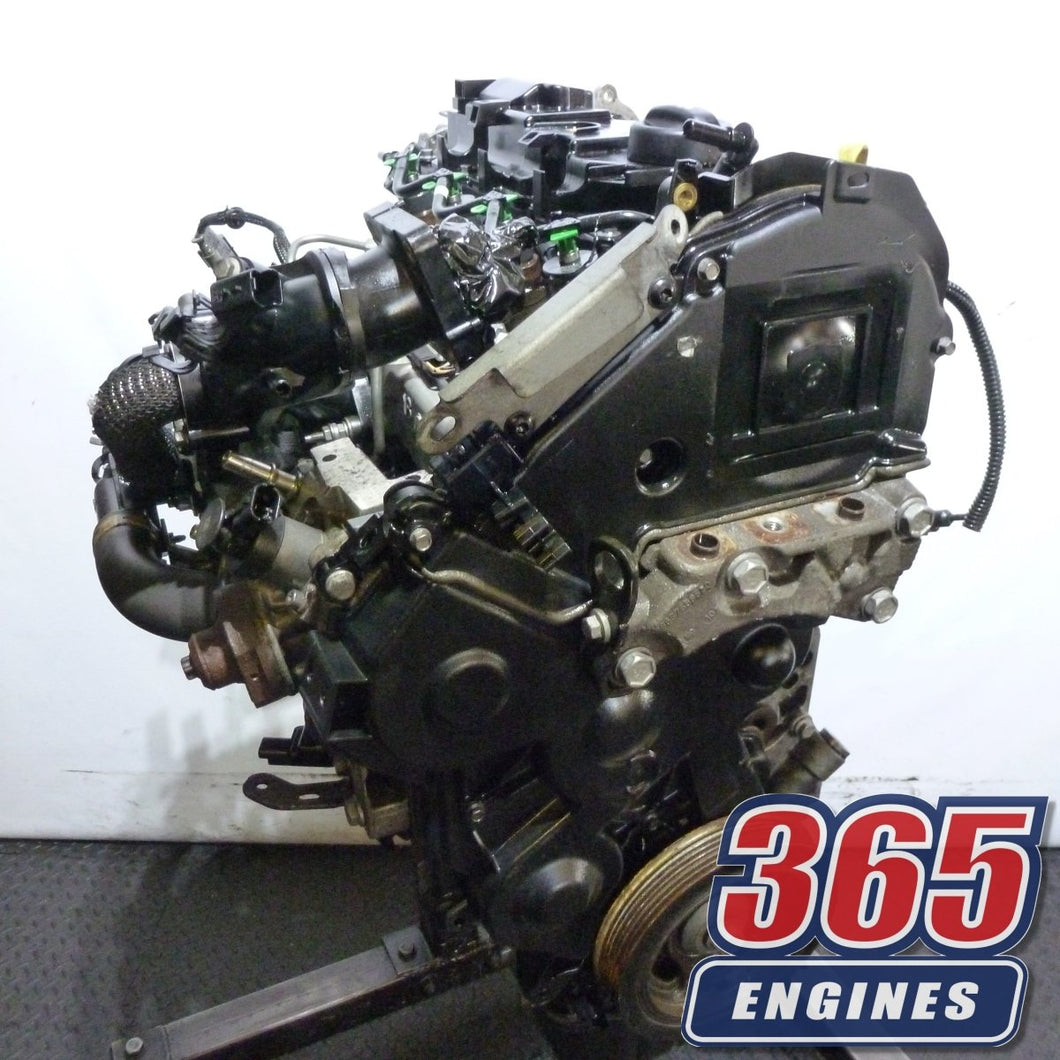Why Regular Maintenance of Your Ford Fiesta Engine Is Essential
Why Regular Maintenance of Your Ford Fiesta Engine Is Essential
Blog Article
The Future of Engines: Innovations Driving Lasting Power Solutions
As the vehicle market browses the imperative shift in the direction of sustainability, the future of engines is progressively specified by groundbreaking innovations. Electric engine developments, alongside promising advancements in hydrogen fuel cells and biofuels, are improving the landscape of power options.
Electric Engine Advancement
The evolution of electrical engine advancements symbolizes a pivotal change in the aerospace and auto industries, driven by the immediate demand for sustainable alternatives to fossil fuels. This transition is characterized by considerable improvements in battery technology, power electronics, and electric motor layout, which jointly boost the efficiency and efficiency of electric engines.
Recent developments have caused the production of lighter, more energy-dense batteries, such as lithium-silicon and solid-state batteries, which promise longer varieties and shorter charging times. Furthermore, enhancements in electric motor efficiency, such as the use of long-term magnets and progressed cooling down systems, make it possible for electrical engines to operate effectively under varying conditions. These enhancements not just improve automobile performance however additionally add to a decrease in total energy intake.
Furthermore, the assimilation of innovative software program algorithms has actually enhanced energy administration in electrical vehicles, permitting regenerative stopping and predictive billing strategies. As manufacturers significantly embrace electrical propulsion, the auto and aerospace markets are observing a paradigm change towards greener innovations. This evolution not just fulfills regulative demands however additionally aligns with consumer choices for eco-friendly transportation remedies, strengthening electrical engines as a keystone of future sustainable flexibility.
Advancements in Biofuels
As the aerospace and automotive industries significantly focus on lasting power resources, innovations in biofuels arise as a corresponding solution to electrical engines. Biofuels, originated from organic materials such as crops, waste, and algae, present an ingenious avenue for lowering greenhouse gas emissions and reliance on nonrenewable fuel sources.
Recent research has concentrated on improving the performance and sustainability of biofuel production. Second-generation biofuels make use of non-food feedstocks, lessening competition with food supply and decreasing ecological impact. Furthermore, developments in synthetic biology have made it possible for the engineering of bacteria to create biofuels more effectively, leading to greater yields and lower manufacturing prices.
In addition, the advancement of drop-in biofuels permits for smooth combination into existing framework, allowing a smoother shift for industries generally reliant on fossil fuels. ford fiesta engine. These gas can be utilized in present engines without modifications, facilitating their fostering across numerous industries
Investments in biofuel technology, along with helpful plans, are necessary to drive technology and scalability. As the global area looks for to battle environment adjustment, biofuels provide a practical, prompt solution that aligns with the overarching goal of sustainability in transport and air travel.
Hydrogen Gas Cell Modern Technology
An expanding number of scientists and business are discovering hydrogen fuel cell technology as a feasible alternative to traditional power resources in transportation and energy systems. This modern technology converts chemical power from hydrogen right into power through an electrochemical reaction, with water as the only by-product, making it an eco-friendly choice.
The core of hydrogen gas cells is the fuel cell pile, where hydrogen particles are divided into electrons and protons. The circulation of electrons generates electrical power, while protons relocate via a membrane to integrate with oxygen from the air, creating water. This procedure results in high performance and reduced exhausts, placing hydrogen gas cells as a crucial gamer in the transition to sustainable power.
Substantial improvements have been made in improving the sturdiness and efficiency of gas cells, along with reducing expenses through cutting-edge production techniques. The growth of hydrogen production methods, such as electrolysis powered by sustainable power resources, boosts the sustainability of the overall system. As facilities for hydrogen refueling expands and manufacturing methods end useful content up being much more reliable, hydrogen fuel cell technology holds terrific pledge for decarbonizing numerous fields, including heavy-duty transport and stationary power generation.
Hybrid Systems and Their Impact
Hybrid systems represent a significant evolution in sustainable engine technology, combining typical inner burning engines with electric propulsion to optimize energy efficiency and reduce exhausts (ford fiesta engine). This twin strategy allows vehicles to use both source of power, enabling higher versatility in power consumption and reducing reliance on nonrenewable fuel sources

Along with ecological benefits, hybrid systems use consumers a sensible transition towards fully electric vehicles. They alleviate array stress and anxiety by integrating the convenience of fuel with the benefits of electric propulsion, making them an attractive alternative for a broader audience. As manufacturers purchase hybrid innovation, the advancement of advanced battery systems and lightweight products proceeds to boost efficiency. Generally, hybrid systems represent an essential action in the direction of attaining lasting transport and dealing with the urgent need for eco-friendly power solutions.
The Role of AI in Engine Style
Leveraging innovative algorithms and equipment knowing strategies, the automobile sector is progressively incorporating expert system (AI) into engine design procedures. AI improves the performance and performance of style by assessing huge datasets to determine optimal arrangements and performance parameters. This capacity allows designers to imitate various operating problems and anticipate engine habits under multiple situations, substantially minimizing the moment and expense connected with typical prototyping methods.
Furthermore, AI helps with the advancement of sophisticated materials and combustion processes tailored for sustainability. By enhancing fuel effectiveness and lessening exhausts, AI-driven layouts align with global efforts targeted at minimizing the carbon impact of vehicle engines. Device knowing algorithms can likewise anticipate upkeep requirements, leading to enhanced reliability and longevity of engine elements.
Additionally, AI is crucial in the integration of electrification technologies, such as hybrid systems, where it can optimize battery management and energy recovery procedures. As the sector moves in the direction of more sustainable power remedies, the duty of AI in engine style ends up being progressively important, driving development and improving the efficiency of future engines. Eventually, the cooperation between special info AI and engine layout heralds a brand-new period of smarter, cleaner, and extra effective automobile technologies.

Verdict
In verdict, the future of engines is being shaped by a merging of innovative modern technologies that focus on sustainability. Electric engine innovations, biofuel growths, hydrogen fuel cells, and crossbreed systems jointly add to a substantial reduction in emissions and environmental impact.
Electric engine developments, alongside see here now promising developments in hydrogen gas cells and biofuels, are improving the landscape of power services. Additionally, renovations in electrical motor performance, such as the usage of irreversible magnets and progressed cooling systems, make it possible for electrical engines to operate efficiently under differing problems. By optimizing gas effectiveness and lessening emissions, AI-driven layouts straighten with global initiatives aimed at reducing the carbon impact of automotive engines. As the sector relocates in the direction of even more lasting power solutions, the function of AI in engine style comes to be significantly vital, driving innovation and enhancing the performance of future engines. Electric engine innovations, biofuel advancements, hydrogen gas cells, and crossbreed systems collectively contribute to a substantial reduction in exhausts and environmental impact.
Report this page